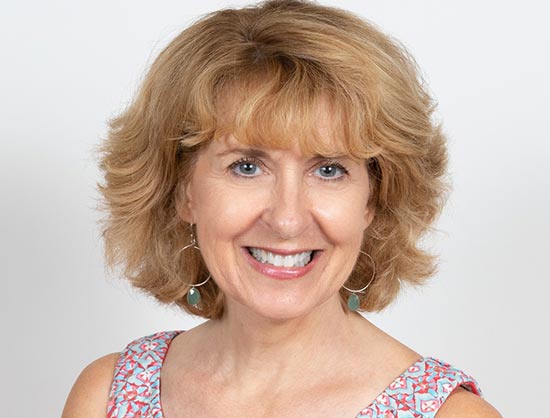by Liz Dunn, Marketing & Communications Director, NCCOA
Last year, my Dad was sick for many months before he passed away in December. At first, I didn’t want to intrude on my parents’ health care journey – appointments, tests, consultations. However, it soon became obvious that my involvement would benefit both my parents, the healthcare practitioners and even myself. Why?
Whether a routine check-up or specialist appointment, a doctor’s visit can be filled with trepidation. Am I sick? Is there something else? What will the test results reveal? Will I understand what to do next?
How well you and your doctor speak with each other is one of the most important parts of getting the healthcare you deserve. But speaking with your doctor isn’t always easy. It takes time and effort from both of you.
I learned this first hand when I realized that all of my Dad’s doctors had very different styles of handling appointments. Some took the time for small talk, usually revolving around my Dad’s love of all things Italian. Names of restaurants worth trying were swapped, recipes were shared and sometimes homemade treats were hand-delivered to appointments. At the other end of the spectrum, some doctors got right down to business and left you wondering if they remembered you were in the room.
However, no matter what the style, my Dad’s physicians were smart and thorough; we never doubted the quality of care he received.
In the past (most likely pre-internet), the doctor typically took the lead and the patient followed. That doesn’t work well today since many folks check in with “Dr. Google” before an appointment. I’m sure this creates challenges for healthcare practitioners since they must deal with patients who know or think they know what’s happening with their body. (And oftentimes they do!)
Today, a good patient-doctor relationship is a partnership. You and your doctor work as a
team, along with nurses, physician assistants, pharmacists and other healthcare providers, to manage your medical issues and keep you as healthy as possible. Coming to each appointment prepared with a list of questions, clarifications and follow-ups is essential.
In addition to giving information to your doctor, getting information from your doctor is important. This includes asking questions if your doctor’s explanations or instructions are
unclear, bringing up problems your doctor may not ask about and letting him/her know if you have concerns about a treatment or change in your daily life. There are no stupid questions. Effective, two-way communication between you and your doctor is key to being satisfied with your care and taking care of your health.
Remember, you are not alone in this journey. As my parents did, consider bringing a family member or close friend to each appointment. With the three of us in most visits we didn’t overlook a question or concern, and could make sure someone heard the doctor. We could also compare notes afterward. Most importantly, we found ourselves on the same page throughout this journey. There’s some relief in that.
Communication is challenging. Create a two-way street with your healthcare providers. It’s vital to your health and well-being.
Learn more from this guide for Older Adults: Talking with your Doctor supplied by the National Institute on Aging (NIH).
We’re all in this together.

